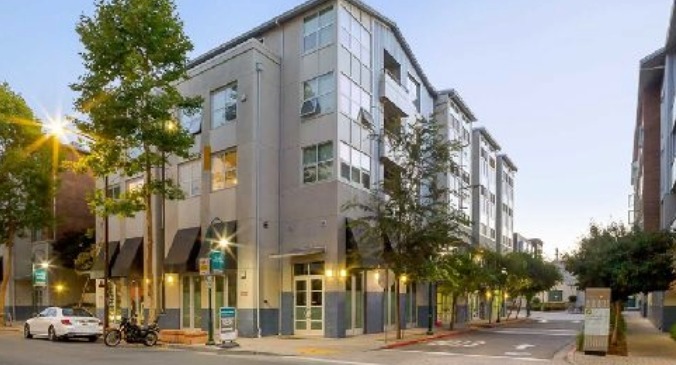Changes in U.S. trade policy over the past two weeks have impacted global financial markets, causing stock prices to fall (and then partially recover) and long-term yields to increase amidst a retreat of capital from U.S. Treasuries.
This volatility had a noticeable effect on apartment market sentiment captured in the National Multifamily Housing Council’s (NMHC’s) latest Quarterly Survey of Apartment Market Conditions. More specifically, apartment executives who responded to this month’s survey after the announcement of tariffs on April 2nd—as opposed to the roughly half of respondents who responded in the days prior—were more likely to report worsening conditions for debt and equity financing as well as decreasing sales volume over the preceding three months.
“We typically describe our Quarterly Survey as a sort of snapshot in time of apartment market sentiment,” noted NMHC’s Economist and Senior Director of Research, Chris Bruen, “And, in doing so, we assume that any day-to-day changes that occur within the two-week survey period are negligible and not worthy of reporting.”
“This month was clearly atypical in the significant volatility we saw in both trade policy and financial markets. The rise in 10-Year Treasury Yield, specifically, appeared to negatively affect conditions for debt financing. Despite these disparities, conditions largely showed improvements compared to three months ago.”
The history of the survey readings is shown in the chart, below. All 4 components of the survey are up from the values posted last quarter.

- The Debt Financing Index came in at 65 this quarter, indicating better conditions for debt financing compared to three months ago. This corresponds to an average decrease in the 10-Year Treasury Yield between January (4.6%) and early April (4.2%).
- The Equity Financing Index came in at 49 this round – reflecting less available equity financing over the last three months – sentiment tends to vary depending on whether we look at respondents who submitted before or after the April 2nd tariff announcements.
- The Sales Volume Index reading of 60 indicates increasing deal flow over the past three months, a return to a trend of increasing deal flow after last quarter’s reading (41). While roughly half (49%) of respondents thought sales volume went unchanged over the past three months, 34% (up from 16%) thought sales volume was higher than in January. Conversely, 14% of respondents (down from 34%) thought sales volume was lower.
- The Market Tightness Index came in at 52 this quarter – above the breakeven level of 50 for the first time since July 2022 – indicating tighter market conditions, such as lower vacancies and higher rent growth. This also appears to be the only index value that wat not meaningfully affected by market volatility this round (it makes sense that it would take longer to observe changes in the supply and demand for physical apartment space).
About the Survey: The April 2025 Quarterly Survey of Apartment Market Conditions was conducted from March 31 – April 14, 2025. 141 CEOs and other senior executives of apartment-related firms nationwide responded.













